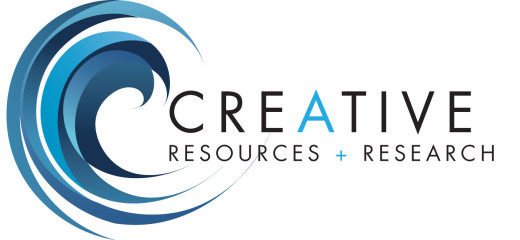Will AI Replace Professional Grant Writers? The Coexistence of AI Technology and Human Expertise
The rise of Artificial Intelligence (AI) has led to rapid advancements in various sectors, raising questions about the future of many professions. Grant writing, a specialized skill essential for securing funds for organizations and projects, is no exception. Will AI replace professional grant writers? Here are some thoughts on the matter:
The Role of AI and Professional Grant Writers
AI has made significant strides in automating certain aspects of grant writing. AI-powered tools can assist in data collection, analysis, proposal formatting, grammar correction, and even generating sections of text. These capabilities offer efficiency, accuracy, and time-saving benefits to grant writers.
Advantages of Human Expertise
While AI can automate certain tasks, it cannot replicate the unique perspectives, critical thinking, and creativity that human grant writers bring to the table. Professionals in this field possess a deep understanding of grant opportunities, funder preferences, and effective storytelling techniques. They can craft tailored narratives that resonate with funders, pushing the boundaries to present innovative solutions.
Embracing AI as an Assistant, Not a Replacement
Grant writers can embrace AI as an assistant rather than a replacement. AI tools offer valuable support by automating repetitive tasks, providing data insights, highlighting compliance issues, and suggesting improvements. Grant writers can leverage this technology to streamline their workflows, improve efficiency, and focus on strategic thinking and relationship-building.
Leveraging the Power of Collaboration
The coexistence of AI technology and human expertise can lead to powerful outcomes. Grant writers can harness AI’s abilities to access extensive databases, analyze large volumes of data, and uncover hidden patterns. This collaboration empowers writers to make data-driven decisions, identify relevant grant opportunities, and enhance their proposals. Ultimately, the human touch is necessary to synthesize insights, understand the nuances, and build compelling grant narratives that establish an emotional connection with funders.
Ensuring Ethical Practices and Accountability
AI raises concerns regarding biases and ethical considerations in grant proposal writing. Human grant writers are crucial in ensuring fairness, transparency, and adherence to ethical guidelines. They possess the ability to understand and address complex issues, anticipate funders’ concerns, and weave responsible storytelling incorporating the organization’s impact and values.
Adaptation and Continuous Learning
As AI technology evolves, grant writers must adapt and acquire new skills to remain relevant in the field. Familiarity with AI tools and staying updated on emerging trends allows professionals to leverage their expertise in combination with AI’s capabilities. This adaptability ensures that grant writers remain essential contributors in the grant writing process, embracing technology as a tool for augmentation rather than replacement.
While AI has made significant advancements in automating aspects of grant writing, it is unlikely to replace professional grant writers entirely. The unique perspective, creativity, and expertise that humans bring to the table cannot be replicated by machines. By embracing AI as an assistant, grant writers can leverage the efficiency, accuracy, and insights it offers while focusing on strategic thinking, innovation, and building strong relationships with funders. The future of grant writing lies in the coexistence of human expertise and AI technology, ultimately driving better outcomes for organizations and their projects.
Contact us for more help on this topic!


